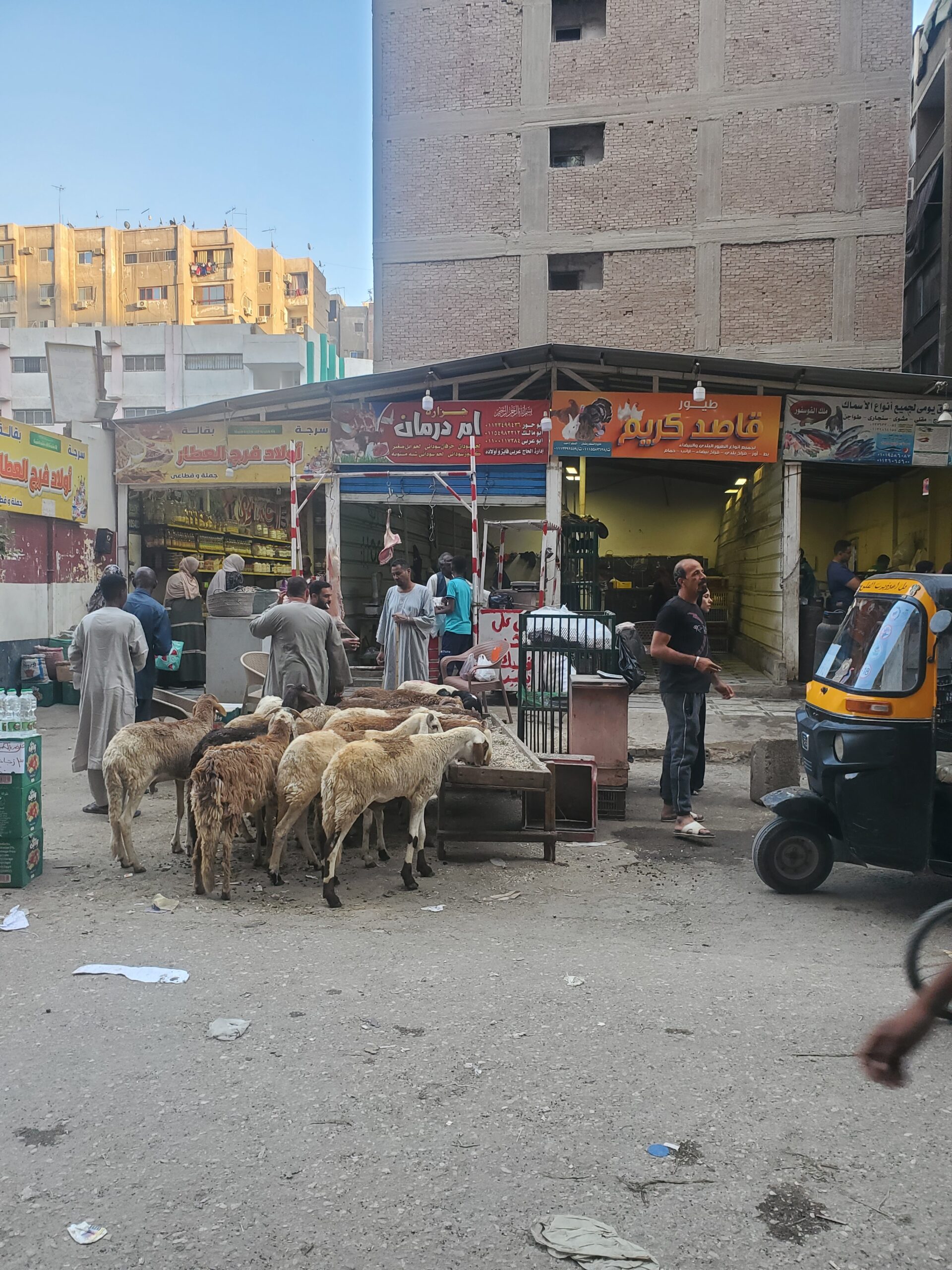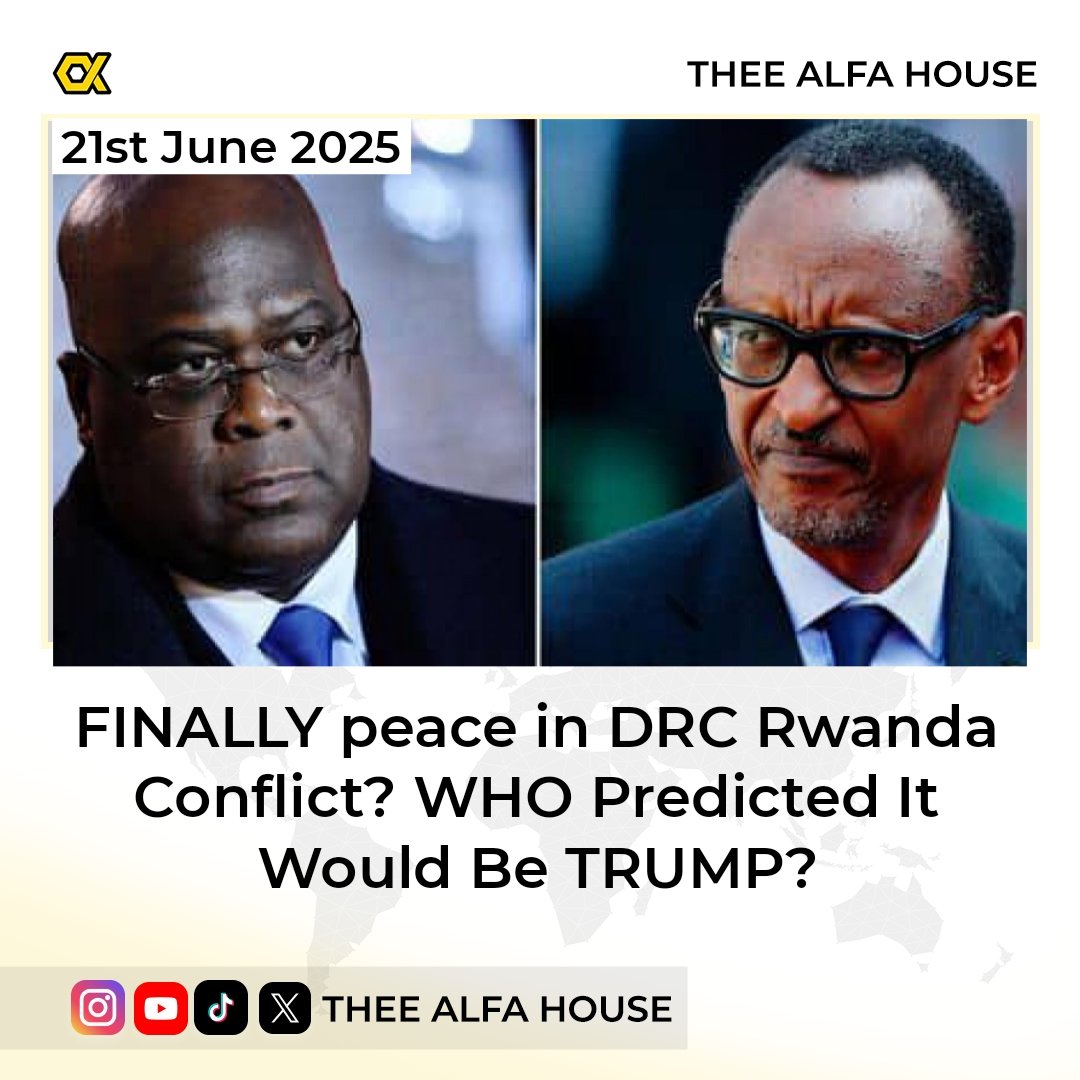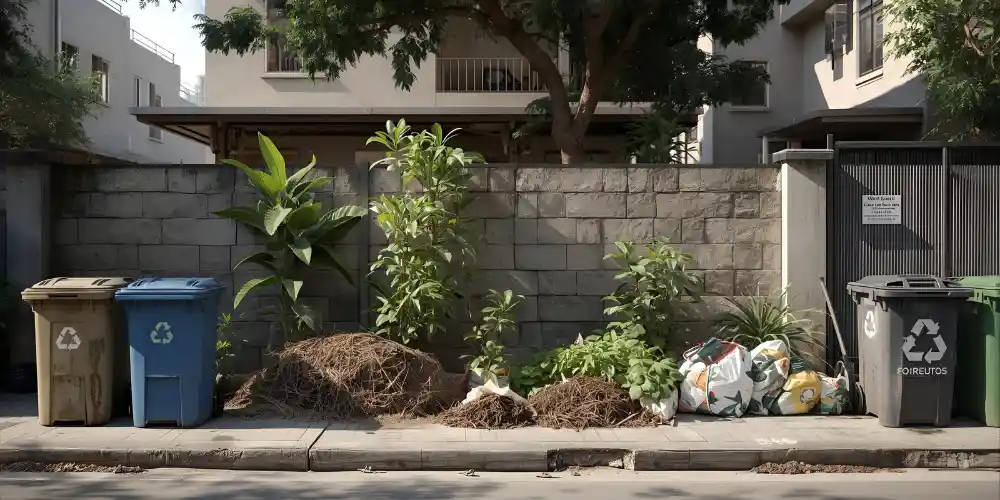Navigating an Uncertain Environment: Survival Activities of Displaced Sudanese in Egypt
Survival Strategies of Displaced Sudanese in Egypt
Navigating an Uncertain Environment: Survival Strategies of Displaced Sudanese in Egypt
Since April 15, 2023, conflict in Sudan has driven over 1.2 million Sudanese into Egypt, joining approximately 4 million others already residing there. :contentReference[oaicite:1]{index=1} The influx has intensified pressure on local services, housing and livelihoods in neighbourhoods like Faysal, a central part of Giza.
Why Faysal Became a Hub for Displaced Sudanese
Faysal—on the west bank of the Nile opposite central Cairo—already hosted a diverse migrant population including Syrians and Yemenis. :contentReference[oaicite:2]{index=2} After the war began, many Sudanese gravitated there due to existing diaspora ties, affordable rent from Sudanese landlords, and the dense Sudanese social fabric in the area. Rising demand has since pushed rental rates higher.
Livelihoods in the Informal Economy
Many Sudanese in Faysal now run informal, small-scale businesses—groceries, cafés, spice shops, beauty salons, or incense (bakhour) vendors—often employing only family or a couple workers. These ventures operate largely unregistered, helping them avoid red tape and enabling survival under restrictive conditions. Egypt’s informal sector makes up nearly 40% of GDP and 60% of jobs. :contentReference[oaicite:3]{index=3}
Systemic Challenges: Residency, Banking & Regulation
Since the war, Egypt has tightened entry and residency rules: new refugees must deposit around $1,000 and provide security clearances to register businesses. Many refugees—especially UNHCR-recognised Sudanese—are barred from the banking system, pushing them into cash-based, informal markets. :contentReference[oaicite:4]{index=4}
This regulatory uncertainty, coupled with bureaucratic delays, means many rely on informal income sources. Shops may be shut down, tenants evicted, or owners face demands for bribes (baksheesh) when official compliance is not possible. :contentReference[oaicite:5]{index=5}
Community Capital and Transnational Networks
Displaced Sudanese lean heavily on family, ethnic networks and cultural practices like the nafeer emergency support system. Many business startups are financed via community solidarity rather than formal credit. :contentReference[oaicite:6]{index=6}
Pre-war entrepreneurs who navigated trade between Sudan, Egypt and Chad prior to April 2023 quickly adapted to logistics needs—importing essential goods for local shops and leveraging real estate and social ties to find housing. :contentReference[oaicite:7]{index=7}
“Inventing Income”: Brokering & Simsar Networks
Two forms of brokering are widespread in Faysal:
– **Real estate “simsar” agents**, who informally link tenants to landlords, earning referrals amid rising housing demand post-RSF capture of Wad Madani (Dec 2023). :contentReference[oaicite:8]{index=8}
– **Currency exchange and remittance agents**, often working within small shops, facilitating money transfers via Sudan’s Bank of Khartoum applications—a lifeline amid banking collapse and Sudanese pound depreciation. :contentReference[oaicite:9]{index=9}
Force-Field Survival: Navigating Power and Risk
Sudanese business owners must negotiate a complex web of formal and informal authorities—tax officials, police, neighborhood guardians—often using bribes or local contacts to avoid raids, evictions, or forced closures. :contentReference[oaicite:10]{index=10}
Additionally, mass arrests, identity checks and deportations have increased sharply since Egypt enacted a new asylum law (end of 2024), transferring refugee registration from UNHCR to state authorities. Amnesty reports ~21,000 Sudanese were deported by March 2025. :contentReference[oaicite:11]{index=11}
Seeking Alternatives: The Exodus Beyond Egypt
Tightening restrictions and economic hardship have pushed many Sudanese onward—often via desert smuggling routes into Libya and then onto Europe. From Jan–May 2025, Sudanese arrivals in Europe rose 134% year-on-year. :contentReference[oaicite:12]{index=12}
Conclusion
Faysal’s displaced Sudanese population demonstrates remarkable resilience under duress. Their survival strategies—from informal entrepreneurship to brokering and mutual aid—create economic and social lifelines amid an often-hostile legal and economic environment.
Individuals with access to pre-war networks or capital can secure marginal gains, while those without become ever more vulnerable. A stark hierarchy emerges along lines of access, adaptability and connection. In a context of volatile regulation, political pressure and economic deprivation, survival depends on informal strategies and community-driven mutual support.
References
- UNICEF Egypt, *Situation of the Sudanese Displaced Population in Egypt 2023/2024* :contentReference[oaicite:13]{index=13}
- UNHCR Egypt: over 1.2 million Sudanese since April 2023 :contentReference[oaicite:14]{index=14}
- Amnesty / Reuters reporting on deportations and asylum law in Egypt, early 2025 :contentReference[oaicite:15]{index=15}
- Prevalence of informal sector in Egypt, restrictions on Sudanese refugees :contentReference[oaicite:16]{index=16}
Internal & External Link Suggestions
- Internal (site):
- External:

Navigating an Uncertain Environment: Survival Activities of Displaced Sudanese in Egypt
Navigating an Uncertain Environment: Survival Activities of Displaced Sudanese in Egypt
The Sudan War series is a joint collaboration between the Center for Economic, Legal, and Social Studies and Documentation – Khartoum (CEDEJ-K), Sudan-Norway Academic Cooperation (SNAC) and African Arguments – Debating Ideas. Through themes exploring war, displacement, identities, and capital, Sudanese researchers highlight their experiences and the dynamics within war-affected communities.

Since the outbreak of the war in Sudan on April 15, 2023, over 1.2 million Sudanese fled to Egypt, joining approximately 4 million already residing there. This large presence is due to the geographical proximity and historical ties between the two countries. Relations have fluctuated, leading to shifting policies affecting mobility and treatment of Sudanese nationals.
Following the 2004 Four Freedoms Agreement guaranteeing movement, residence, work, and property ownership rights, the situation worsened after the war started. Egypt tightened entry requirements, complicating residency and business registration for Sudanese. Inflation, banking collapse, and Sudanese pound devaluation have further strained their finances.
Most Sudanese refugees settled in Cairo and Alexandria, especially in Faysal—a diverse neighborhood on the west bank of the Nile in Giza. The neighborhood attracted Sudanese due to an existing community, Sudanese landlords, and affordable rents, though rental prices rose with increased demand. Faysal is known for its social diversity and migrant populations, mainly Sudanese, Yemenis, and Syrians.
New arrivals have opened businesses like restaurants, cafés, grocery shops, and beauty salons, while others broker between businesses to earn income. Many describe Faysal as evoking a strong sense of “being in Sudan,” with the area referenced in Sudanese diaspora music and conversations.
Informality: Chameleon Attitudes in a Hostile Environment
Many Sudanese businesses in Faysal operate informally, selling Sudanese products and services while avoiding tax systems to stay low-profile in a restrictive environment. Egypt’s informal economy accounts for a significant part of GDP and employment, especially in neighborhoods like Faysal.
Since the war, regulations for entry, residency, and business registration have tightened. Business owners face hurdles like mandatory security deposits, exclusion from banking for UNHCR-recognized refugees, and frequent changes to rules. Many Sudanese cross the border illegally, remain irregular, or operate informally to avoid restrictions.
This informality heightens vulnerabilities to shop closures, bribes, or expulsion, forcing Sudanese to adapt constantly.
Transnational Capital Networks
Prolonged war has shifted aid from handouts to small business funding, though access to credit remains limited due to stringent regulations. Community organizations and UNHCR offer training and small grants, but awareness is low among new arrivals.
Family ties, neighborhood solidarity, ethnic affiliations, and the cultural nafeer system provide crucial support. The Sudanese diaspora in Gulf countries, the US, and Europe play a significant role in sending remittances, crucial as many lost assets and face currency devaluation.
Pre-war business networks, especially across Sudan, Egypt, and Chad, help displaced Sudanese import products and secure housing. Those with such connections enjoy advantages in Faysal’s real estate market.
“Inventing Income”: Brokering as a Resource
Brokering activities have become essential. Many act as “simsar” (intermediaries) in real estate, connecting landlords and tenants in an expanding market fueled by displaced populations. The war’s developments directly impact this market, with surges in displaced arrivals driving rent hikes.
Currency exchange and money transfer services also provide income and critical lifelines for families amid Sudan’s banking collapse. These roles build social capital and community recognition.
Navigating Local Power Structures
Sudanese entrepreneurs negotiate with formal and informal authorities to survive frequent inspections and regulations. They often use financial incentives (baksheesh) to delay penalties, maintaining their businesses amid scrutiny.
This constant negotiation involves social and financial capital, demonstrating complex social navigation in a challenging environment.
Conclusion
Flexibility is key for displaced Sudanese navigating Egypt’s shifting political, economic, and social context. Those with prior capital or connections often secure advantages, while others face increased vulnerability. A hierarchy based on networks and resources shapes social relations, forcing refugees to engage deeply with both official and unofficial agents to survive.
References:
- Zanig music style: Synth-driven underground Sudanese music with political dimensions.
- Security check: New control measure for foreign investment post-2023 war.
- Amr Adly’s “baladi market”: Micro and small enterprises in Egypt’s informal economy.
- Impact of USAID closure on refugee aid programs in 2025.
- Sudanese involvement in Egypt’s currency black market post-2024.
- Recent changes in Sudanese displacement dynamics, including returns in 2025.
Navigating an Uncertain Environment: Survival Activities of Displaced Sudanese in Egypt
Navigating an Uncertain Environment: Survival Activities of Displaced Sudanese in Egypt
The Sudan War series is a joint collaboration between the Center for Economic, Legal, and Social Studies and Documentation – Khartoum (CEDEJ-K), Sudan-Norway Academic Cooperation (SNAC), and African Arguments – Debating Ideas. Through themes exploring war, displacement, identities, and capital, Sudanese researchers highlight their experiences and the dynamics within war-affected communities navigating complex realities.

Since the outbreak of the war in Sudan on April 15, 2023, over 1.2 million Sudanese have fled to Egypt, joining approximately 4 million already residing there. This significant influx highlights how displaced populations are navigating geopolitical and socio-economic challenges due to the geographical proximity and historical ties between Sudan and Egypt. Relations between the two countries have fluctuated, directly affecting how Sudanese nationals navigate cross-border mobility and residency.
Following the 2004 Four Freedoms Agreement guaranteeing movement, residence, work, and property ownership rights, the situation deteriorated after the war’s outbreak. Egypt tightened entry requirements, making it more difficult for Sudanese to navigate residency procedures and business registration. Inflation, banking collapse, and currency devaluation have further strained their ability to navigate financial hardships.
Most Sudanese refugees settled in Cairo and Alexandria, especially in Faysal—a diverse neighborhood on the west bank of the Nile in Giza. The neighborhood attracted Sudanese refugees navigating their new reality due to an established Sudanese community, Sudanese landlords, and affordable rents, although rising demand has increased rental prices. Faysal is known for its social diversity and migrant populations, mainly Sudanese, Yemenis, and Syrians.
Many new arrivals have started businesses such as restaurants, cafés, grocery shops, and beauty salons, while others navigate the local market by brokering between businesses to earn a livelihood. The Sudanese community often describes Faysal as evoking a strong sense of “being in Sudan,” reflecting their shared experience of navigating displacement abroad.
Informality: Chameleon Attitudes in a Hostile Environment
Sudanese businesses in Faysal primarily serve Sudanese customers and operate informally, selling Sudanese products like spices, oils, cosmetics, food items, and incense (bakhour), while also offering beauty-care services. This informality allows them to navigate the restrictive regulatory environment and remain low-profile within Egypt’s broader informal economy, which accounts for a significant part of GDP and employment.
Since the war, entry, residency, and business regulations have changed rapidly, forcing Sudanese entrepreneurs to navigate increasingly complex hurdles, such as security deposits and banking restrictions. Many Sudanese cross borders illegally and navigate the informal economy due to limited access to formal banking, especially refugees recognized by UNHCR who are excluded from the banking system.
These challenges mean Sudanese businesses operate precariously, vulnerable to sudden closures or bribe demands, constantly navigating an uncertain regulatory landscape.
Transnational Capital Networks
As the war prolongs, displaced Sudanese navigate survival by relying heavily on solidarity networks and diaspora support. International remittances from Sudanese abroad in the Gulf, Europe, and the US help fund micro-enterprises and daily needs. Community organizations and UNHCR provide limited support, but awareness among recent arrivals remains low.
Family, neighborhood solidarity, ethnic affiliations, and the cultural nafeer system play crucial roles in navigating collective survival strategies. Pre-war business networks across Sudan, Egypt, and Chad also help displaced Sudanese navigate commerce and housing challenges.
“Inventing Income”: Brokering as a Resource
Navigating income opportunities leads many Sudanese to work as brokers or “simsar” in the real estate market, connecting landlords with tenants. This brokering thrives amid growing housing demand and rising rents triggered by recent displacement waves. Navigating this market requires social capital and an understanding of informal networks.
Currency exchange and money transfer brokering provide another vital income source. Many Sudanese facilitate remittances via digital platforms connected to Sudanese banks, navigating financial informality and banking system collapse back home.
Navigating Local Power Structures
Sudanese entrepreneurs regularly negotiate with formal and informal authorities to avoid penalties during inspections. The practice of baksheesh (bribery) is widespread to navigate bureaucratic hurdles and maintain business operations.
This ongoing negotiation highlights how displaced Sudanese navigate the multi-layered power dynamics of their host environment to sustain their livelihoods.
Conclusion
Flexibility and adaptability are central to how displaced Sudanese navigate Egypt’s rapidly shifting social, political, and economic context. Social capital and prior economic resources facilitate better navigation and survival prospects, while others face increased vulnerability and disempowerment. The layered negotiations with both formal and informal agents further illustrate the complex navigation displaced Sudanese undertake daily.
References:
- Zanig music style: Synth-driven underground Sudanese music with political dimensions.
- Security check: New control measure for foreign investment post-2023 war.
- Amr Adly’s “baladi market”: Micro and small enterprises in Egypt’s informal economy.
- Impact of USAID closure on refugee aid programs in 2025.
- Sudanese involvement in Egypt’s currency black market post-2024.
- Recent changes in Sudanese displacement dynamics, including returns in 2025.
Navigating Resilience: How Displaced Sudanese Thrive Amid Challenges in Egypt
Navigating Resilience: How Displaced Sudanese Thrive Amid Challenges in Egypt
The Sudan War series is a joint collaboration between the Center for Economic, Legal, and Social Studies and Documentation – Khartoum (CEDEJ-K), Sudan-Norway Academic Cooperation (SNAC), and African Arguments – Debating Ideas. Through themes exploring war, displacement, identities, and capital, Sudanese researchers highlight their experiences and the dynamics within war-affected communities navigating complex realities.

Since the outbreak of the war in Sudan on April 15, 2023, over 1.2 million Sudanese have fled to Egypt, joining approximately 4 million already residing there. This significant influx highlights how displaced populations are navigating geopolitical and socio-economic challenges due to the geographical proximity and historical ties between Sudan and Egypt. Relations between the two countries have fluctuated, directly affecting how Sudanese nationals navigate cross-border mobility and residency.
Following the 2004 Four Freedoms Agreement guaranteeing movement, residence, work, and property ownership rights, the situation deteriorated after the war’s outbreak. Egypt tightened entry requirements, making it more difficult for Sudanese to navigate residency procedures and business registration. Inflation, banking collapse, and currency devaluation have further strained their ability to navigate financial hardships.
Most Sudanese refugees settled in Cairo and Alexandria, especially in Faysal—a diverse neighborhood on the west bank of the Nile in Giza. The neighborhood attracted Sudanese refugees navigating their new reality due to an established Sudanese community, Sudanese landlords, and affordable rents, although rising demand has increased rental prices. Faysal is known for its social diversity and migrant populations, mainly Sudanese, Yemenis, and Syrians.
Many new arrivals have started businesses such as restaurants, cafés, grocery shops, and beauty salons, while others navigate the local market by brokering between businesses to earn a livelihood. The Sudanese community often describes Faysal as evoking a strong sense of “being in Sudan,” reflecting their shared experience of navigating displacement abroad.
Informality: Chameleon Attitudes in a Hostile Environment
Sudanese businesses in Faysal primarily serve Sudanese customers and operate informally, selling Sudanese products like spices, oils, cosmetics, food items, and incense (bakhour), while also offering beauty-care services. This informality allows them to navigate the restrictive regulatory environment and remain low-profile within Egypt’s broader informal economy, which accounts for a significant part of GDP and employment.
Since the war, entry, residency, and business regulations have changed rapidly, forcing Sudanese entrepreneurs to navigate increasingly complex hurdles, such as security deposits and banking restrictions. Many Sudanese cross borders illegally and navigate the informal economy due to limited access to formal banking, especially refugees recognized by UNHCR who are excluded from the banking system.
These challenges mean Sudanese businesses operate precariously, vulnerable to sudden closures or bribe demands, constantly navigating an uncertain regulatory landscape.
Transnational Capital Networks
As the war prolongs, displaced Sudanese navigate survival by relying heavily on solidarity networks and diaspora support. International remittances from Sudanese abroad in the Gulf, Europe, and the US help fund micro-enterprises and daily needs. Community organizations and UNHCR provide limited support, but awareness among recent arrivals remains low.
Family, neighborhood solidarity, ethnic affiliations, and the cultural nafeer system play crucial roles in navigating collective survival strategies. Pre-war business networks across Sudan, Egypt, and Chad also help displaced Sudanese navigate commerce and housing challenges.
“Inventing Income”: Brokering as a Resource
Navigating income opportunities leads many Sudanese to work as brokers or “simsar” in the real estate market, connecting landlords with tenants. This brokering thrives amid growing housing demand and rising rents triggered by recent displacement waves. Navigating this market requires social capital and an understanding of informal networks.
Currency exchange and money transfer brokering provide another vital income source. Many Sudanese facilitate remittances via digital platforms connected to Sudanese banks, navigating financial informality and banking system collapse back home.
Navigating Local Power Structures
Sudanese entrepreneurs regularly negotiate with formal and informal authorities to avoid penalties during inspections. The practice of baksheesh (bribery) is widespread to navigate bureaucratic hurdles and maintain business operations.
This ongoing negotiation highlights how displaced Sudanese navigate the multi-layered power dynamics of their host environment to sustain their livelihoods.
Conclusion
Flexibility and adaptability are central to how displaced Sudanese navigate Egypt’s rapidly shifting social, political, and economic context. Social capital and prior economic resources facilitate better navigation and survival prospects, while others face increased vulnerability and disempowerment. The layered negotiations with both formal and informal agents further illustrate the complex navigation displaced Sudanese undertake daily.
References:
- Zanig music style: Synth-driven underground Sudanese music with political dimensions.
- Security check: New control measure for foreign investment post-2023 war.
- Amr Adly’s “baladi market”: Micro and small enterprises in Egypt’s informal economy.
- Impact of USAID closure on refugee aid programs in 2025.
- Sudanese involvement in Egypt’s currency black market post-2024.
- Recent changes in Sudanese displacement dynamics, including returns in 2025.




